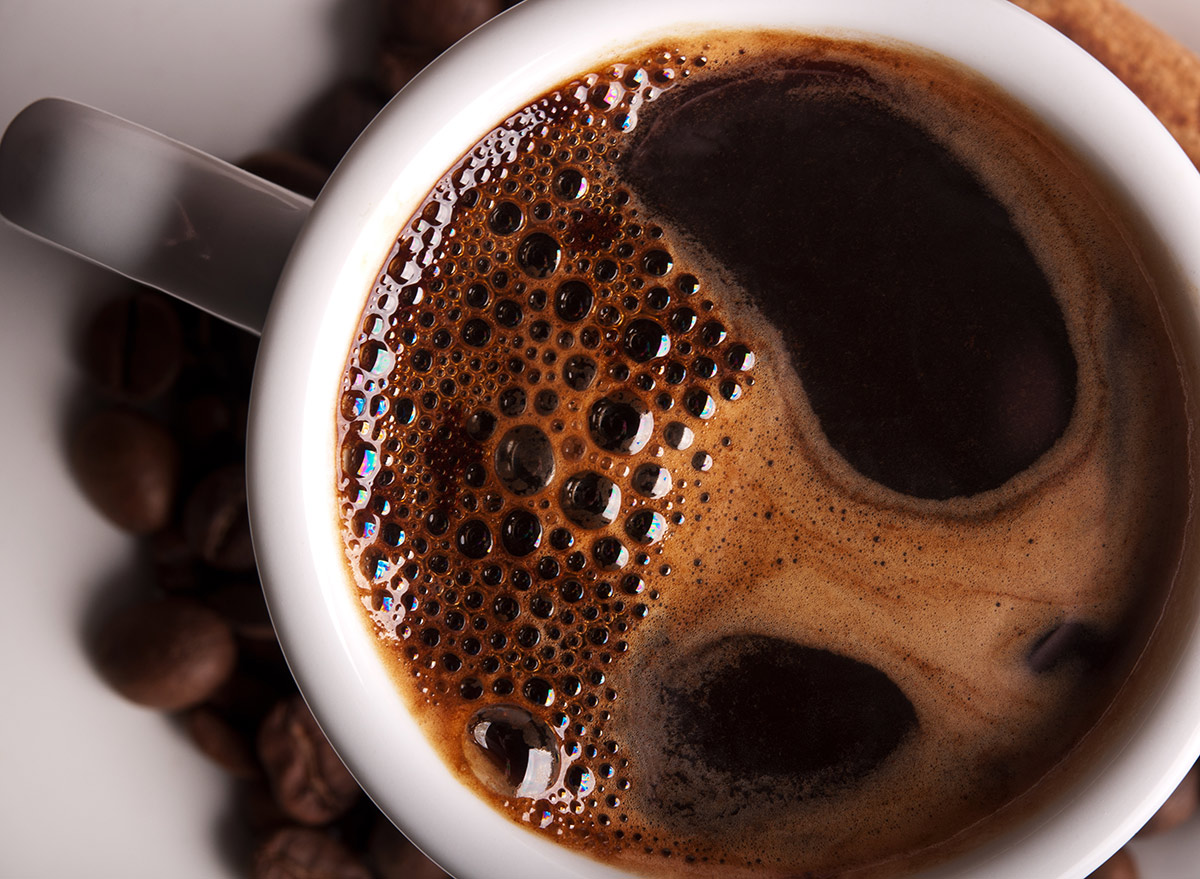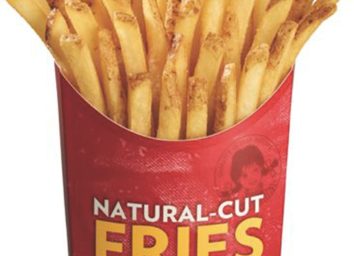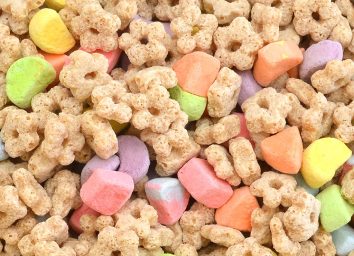There's a Scary Ingredient Lurking in Decaf Coffees from Keurig, Maxwell House, and More

On Wednesday, Aug. 26, the Clean Label Project announced a lawsuit against five of the largest decaf coffee brands. After investigating 24 of the leading coffee brands, Clean Label Project found paint stripper (methylene chloride) in their decaffeinated coffee products. The five companies that are being sued include Amazon.com, J.M. Smucker Co., JAB Holding Company, LLC, KraftHeinz, and Keurig Green Mountain, Inc.
According to a press release presented by the Clean Label Project, the lawsuits to these five companies were sent out in July and August 2020 by Davitt, Lalley, Dey, & McHale in the D.C. Superior Court. Each of the lawsuits, and the products in question, are specified in the press release. It states the following:
- AmazonFresh, LLC and their parent company Amazon.com, Inc. regarding deceptive labeling, marketing, and sale of Amazon Fresh Decaffeinated Columbia 12 oz. coffee products that were marketed as "100% Arabica Coffee".
- Rowland Coffee Roasters, Inc., and its parent company J.M. Smucker Co., regarding the deceptive labeling, marketing, and sale of Café Bustelo decaffeinated 10 oz. coffee products that were marketed as "Pure".
- Peet's Coffee & Tea Holdco Inc. and their parent company JAB Holding Company, LLC, regarding the deceptive labeling, marketing, and sale of Peet's Coffee House Blend Decaffeinated 10.5 ounce coffee products that were marketed as "higher quality".
- Keurig Green Mountain, Inc., regarding the deceptive labeling, marketing, and sale of Green Mountain decaffeinated Breakfast Blend 12 oz. coffee products that were marketed as "Pure".
- KraftHeinz Maxwell House regarding deceptive labeling, marketing, and sale of Maxwell House Decaffeinated coffee products that were marketed as "premium quality."
Each of these five products was reported to have "quantifiable amounts of the toxic chemical methylene chloride." This is a substance commonly found in paint strippers, adhesives, automotive care products, lubricants, and general cleaning products. The Environmental Protection Agency (EPA) actually banned the use of methylene chloride in consumer paint stripping products because the chemical is actually linked to multiple cancers, cognitive impairment, asphyxiation, and liver, kidney and reproductive toxicity
"Consumers have a right to know what they're purchasing and ingesting and be able to trust claims made on product packaging," says Clean Label Project Executive Director Jaclyn Bowen, MPH, MS, in their press release. "Methylene chloride's presence results from its use as the main solvent in their decaffeination process, but these companies could instead choose 100% chemical-free decaffeination processes, such as the certified organic approved processes, carbon dioxide, or Swiss water method."
Clean Label Project was particularly disturbed by their findings when they evaluated the types of consumers who drink decaf coffee including pregnant women, seniors, and people with medical conditions that are cardiovascular or gastrointestinal.
"The decaffeination process brands choose to use is not required to be disclosed on product packaging, and that's why this work is so important. Consumers have a right to know what's in the food and consumer products they provide for themselves and their families," says Karen Howard, CEO and executive director of Organic & Natural Health Association, in the press release.
Clean Label Project is also well known for their findings of toxins in protein powders, including heavy metals such as lead. This is particularly relevant given that some women are allegedly experiencing severe reactions to one particular protein powder blend at the moment.








